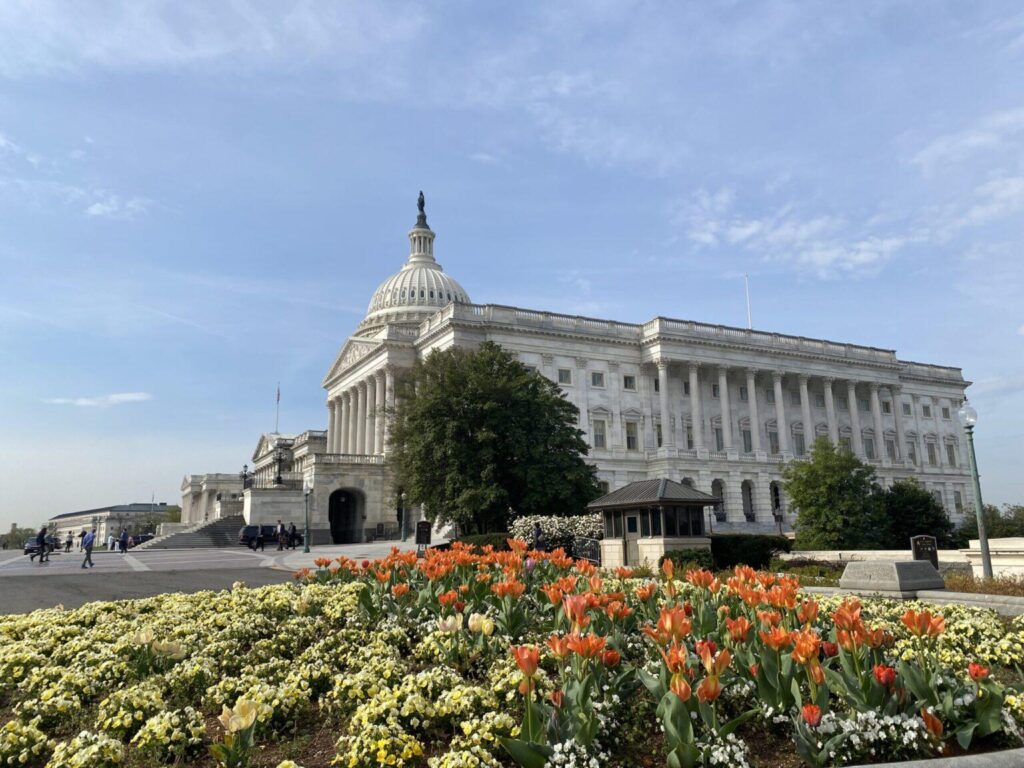After weeks of heated debates and intense scrutiny, the House of Representatives has finally reached a decision on the controversial Afghanistan withdrawal led by President Joe Biden and Vice President Kamala Harris. In a bold move, the GOP has successfully pushed through a resolution condemning the administration’s handling of the situation. Let’s delve into the details of this groundbreaking decision and explore the implications for the future of US foreign policy.
– GOP Resolution Condemning Biden and Harris: A Partisan Response to Afghanistan Withdrawal
The House of Representatives has approved a GOP resolution condemning President Biden and Vice President Harris for their handling of the Afghanistan withdrawal. This resolution, passed along party lines, accuses the administration of abandoning American allies and leaving behind billions of dollars in military equipment. Republicans argue that the chaotic exit from Afghanistan has jeopardized national security and tarnished America’s reputation on the world stage.
The resolution highlights the growing criticism and frustration within the GOP over the administration’s decision-making process leading up to the withdrawal. Key points of the resolution include:
- Criticizing the lack of a clear evacuation plan for American citizens and Afghan allies
- Accusing the administration of failing to adequately prepare for the potential collapse of the Afghan government
- Expressing concern over the safety and security of those left behind in Afghanistan
– Impact on Bipartisan Relations: Examining the Fallout from House Approval
The House has recently approved a GOP resolution condemning President Joe Biden and Vice President Kamala Harris for their handling of the Afghanistan withdrawal. This move has sparked further division between the two parties, with Republicans criticizing the Biden administration’s actions in Afghanistan.
The fallout from the House approval of the resolution is evident in the strained bipartisan relations in Washington. The resolution has deepened the divide between Republicans and Democrats, with both sides unable to find common ground on the issue. Moving forward, this development may impact future legislative efforts and cooperation between the two parties, as tensions remain high over the handling of the Afghanistan withdrawal.
– Moving Forward: Recommendations for Bridging the Political Divide after Afghanistan Withdrawal
Recommendations for Bridging the Political Divide after Afghanistan Withdrawal
In the wake of the House approving the GOP resolution condemning President Biden and Vice President Harris over the Afghanistan withdrawal, it is crucial for both parties to come together and find common ground. Here are some recommendations for bridging the political divide and moving forward:
- Encourage open and respectful dialogue between Republicans and Democrats.
- Focus on bipartisan solutions to address the challenges faced after the withdrawal.
- Support initiatives that promote unity and cooperation across party lines.
Concluding Remarks
As tensions continue to rise in the aftermath of the chaotic Afghanistan withdrawal, the House has made its stance clear with the approval of the GOP resolution condemning President Biden and Vice President Harris. The political divide deepens as both sides argue over accountability and the handling of a tumultuous situation. As we navigate these tumultuous times, it is important to remember the ultimate goal of ensuring the safety and security of all involved. Only time will tell how this resolution will impact the future of our nation and its foreign policy decisions. Stay tuned for further developments as the story unfolds.
